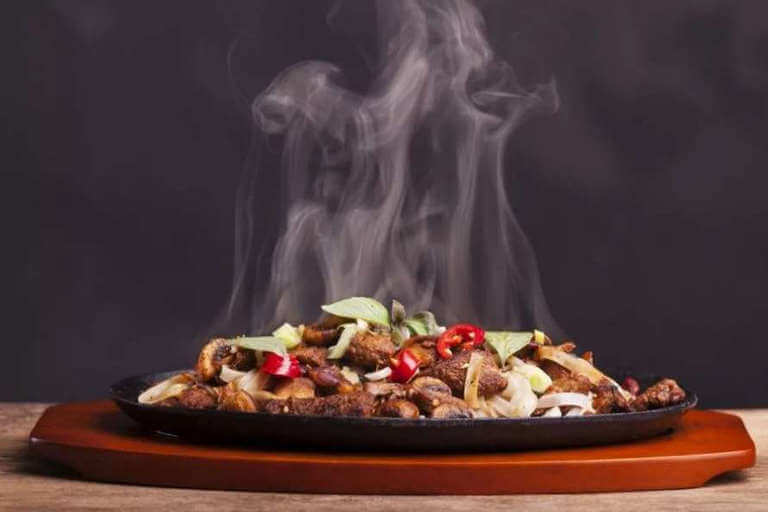Food delivery:
Food delivery services and other articles of prime necessity rose sharply during the 2020 pandemic. Many expected a drop in demand for their services in 2021, when restrictions were lifted, but the consumer quickly gets used to good things. Demand also remained at a relatively high level.

In Moldova, this market is still quite unloaded. Most restaurants are still organizing their own delivery services, while delivery companies (“Glovo”, “Straus”, “AllInOne” and others) have recently begun to develop on the market. In the emerging market, it is still possible to take over a rather large volume of demand.
Characteristics of development of a food delivery service
The main criterion under which consumers will choose a permanent service for themselves is the speed of delivery. No one will use the services of a company that regularly delays delivery and brings cold food.

The key to efficient building of a food delivery service lies in maximum optimization. This can be done at each stage of delivery:
- Registration of the order in the restaurant;
- Couriers coordination;
- Logistics, routing and delivery.
Operation of the service should be as automated as possible. In an app for food delivery, you can put together a set of solutions that can work without human intervention (except for courier delivery). A service can be “learnt”.
- Sending orders directly to the CRM restaurant system.
- Contact the courier and issue orders.
- Routing using Google Maps integration and accurately calculating the delivery time.
- Supervision of the couriers’ work.
- Accepting online payments and distributing the money received between the service, courier and restaurant.

And these are all automatic. Excluding the human presence from this chain helps not only to speed up delivery as much as possible, but also to reduce the number of errors, which is very important in forming the reputation of a new service.
Above, we have literally described our model for developing the Swiss food delivery service Fasivery (https://www.metawebart.com/en/project/fasivery). To implement such a project, a team of marketing developers and specialists with experience in launching food delivery services is needed.
We can help you start your project. You can receive a free consultation from our specialists. To do that, you must leave a request in the feedback form on the site.
